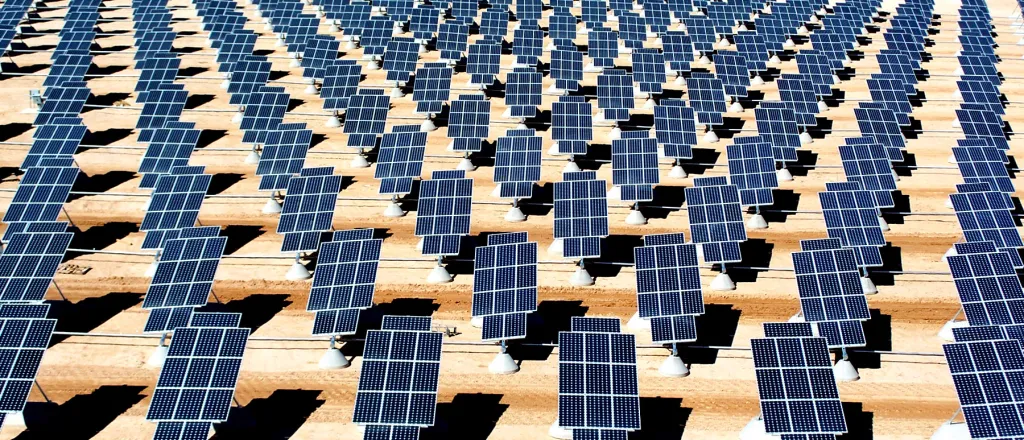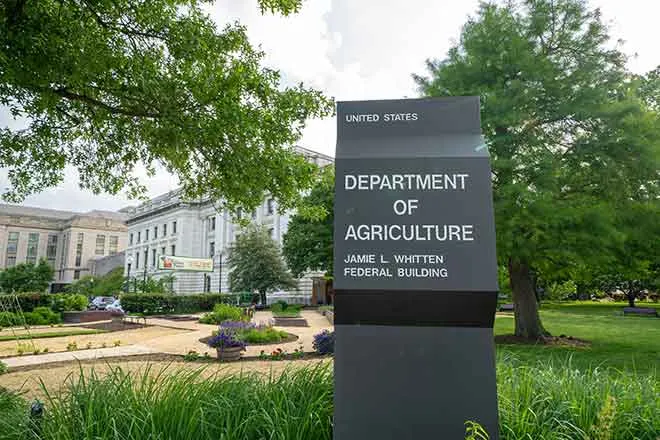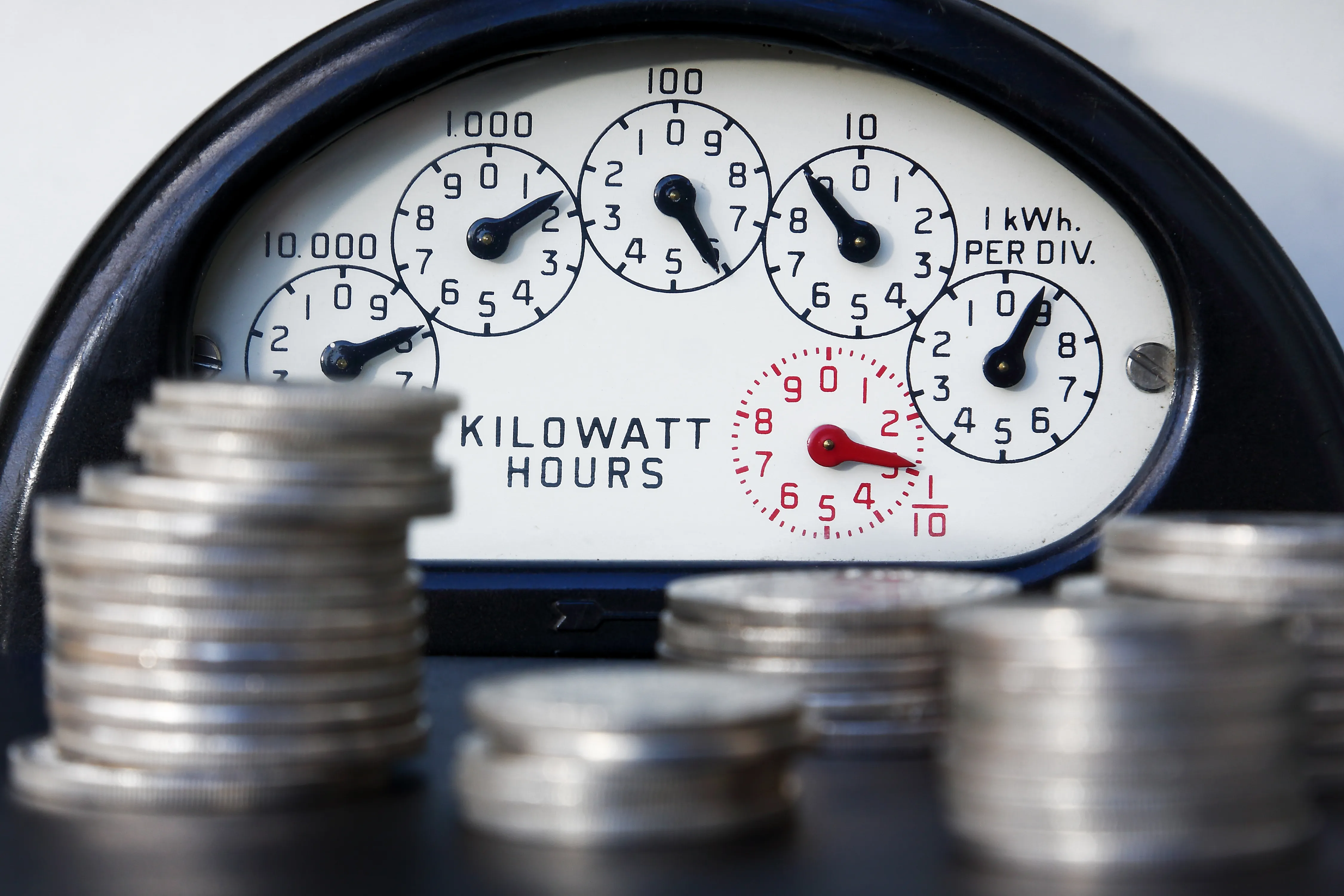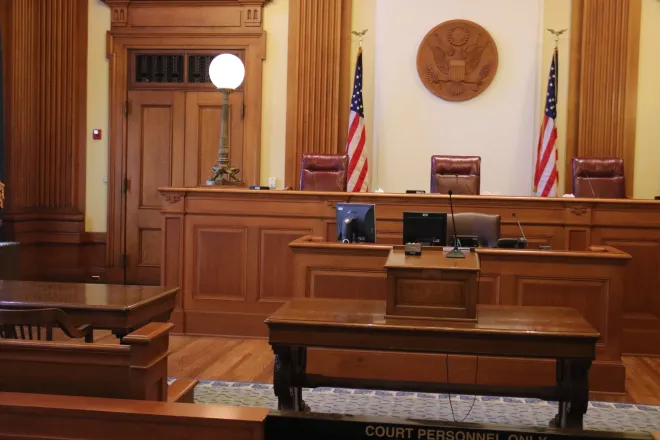
Advocates remind Nevadans of solar, electrification incentives
Click play to listen to this article.
(Nevada News Service) Nevada is one of the largest solar markets in the nation and conservationists want Nevadans to be aware of available federal tax incentives.
Russell Kuhlman, executive director of the Nevada Wildlife Federation, is also a homeowner who installed solar panels. He realized going solar is not cheap, but added with newly expanded federal tax credits, you can get 30 percent back on your investment.
Nevadans can also take advantage of net metering, which allows customers to use energy generated by their solar system to offset their monthly bill.

Kuhlman pointed out the Inflation Reduction Act also includes rebates for more energy-efficient appliances.
"When I bought my house, everything was about 20 years old in terms of appliances," Kuhlman recounted. "Now that I have solar installed, taking even more advantage of those discounts in buying an energy efficient fridge, dryer, etc. So I am hoping to compound all of these discounts and tax incentives."
The Inflation Reduction Act included $8.8 billion to help increase home electrification and access to more efficient appliances. The Department of Energy estimated the rebates will save households around the country up to $1 billion annually on energy bills and support more than 50,000 jobs.
Kuhlman noted as more residential and commercial solar systems get installed, there will be less of a demand for what he calls "large-scale solar projects" on public lands.
"Reno and Vegas are some of the fastest growing cities that do have high potential for solar development," Kuhlman pointed out. "Trying to figure out a way to incentivize those large-scale developments, I think, is another thing we should be trying to incentivize."
Yazmyn Pelaez, communications director for the Nevada Conservation League, said solar investments can improve lives and homes as energy costs increase. She added it is an opportunity to move away from fossil fuels and ensure investments are reaching more communities.
"Not just homeowners, but renters," Pelaez stressed. "We are really working to make this transition as equitable as possible because we want to make sure that nobody gets left behind in this new clean energy transition."
Pelaez acknowledged many do not have access to solar because they rent or have roofs unable to have a solar system on it but believes community solar could be a viable option. Such facilities are shared by community members who receive credit on their electricity bills for their portion of the power produced.

















